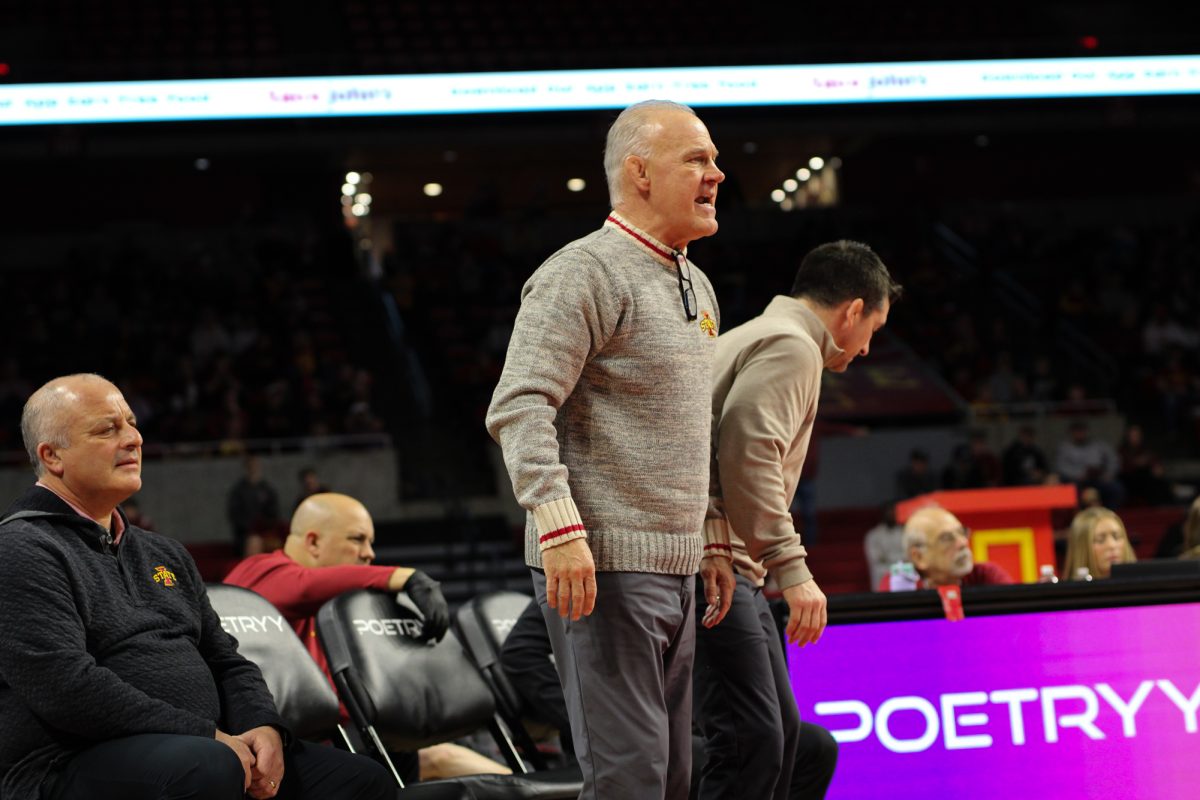Guest Column: Students: Heed this professorial advice for success
February 1, 2021
Editor’s Note: This piece is republished from NewsMax.
Otto von Bismarck (1815-1898) claimed that “one-third of all the students in German universities break down from overwork, one-third break down from dissipation, but the other third rule Germany.”
To avoid student “break downs” let me suggest a simple strategy: work first, then play!
As Bismarck noted, a single-minded focus on work cannot be kept up for long without producing bad results. “All work and no play makes Jack a dull boy.”
The Bible, too, warns of overdoing it on work: “And on the seventh day God finished his work … and he rested on the seventh day …” (Genesis 2:2)
But the other extreme, spending full time on play (or “dissipation”), can also be disastrous. I speak as an authority after what I saw during 36 years of college teaching!
Students should plan to spend time both working and playing. But in what order should they do these things every day? The answer, as I already indicated, is obvious: first get the work done, and then play.
Play is more fun. Working first gives strong incentive to get it done as quickly as possible, hopefully without shortcuts reducing work quality. Striving for efficiency is itself educational, and the ability to work efficiently will remain a valuable asset throughout the student’s life.
The sooner the work is done, the sooner (and longer) one can play. The motivation provided by being able to play sooner certainly has done wonders for me. In 1963 I spent summer vacation from the doctorate program at Johns Hopkins at my parents’ place in Honolulu. They were both working, so I had their condo to myself all day to write the first draft of my dissertation. I found myself working all day and getting almost nowhere, a miserable page or two.
Then I remembered a story about the fellow who wrote “The Three Musketeers.” Alexandre Dumas supposedly set himself a daily quota and would not quit until he had written the required number of pages. The day he finished “The Three Musketeers” he started writing its sequel since he hadn’t met his daily quota yet!
I set myself a quota of five handwritten pages and resolved not to go to the beach or have lunch until I got the five pages. After five pages I could quit for the day, no matter how many hours remained in the day. Waikiki Beach was a 10-minute walk. After that, I got five pages every day before noon.
Playing first, and then working, would make no sense. The ability to start working sooner is no incentive at all to get the play over efficiently. In fact, the whole idea of playing efficiently is absurd.
Students who play first are likely to underestimate the time required for the day’s work. They will probably end up not getting it all done.
To work first then play, the student must make a realistic estimate of what needs doing each day. This is easy for things that can be completed in one day but requires refinement for larger projects like writing a dissertation or major paper.
The size of projects often has important implications for how to approach them. Bicyclists, for example, need radically different strategies for climbing small hills and for pedaling up a really big hill. For small hills, one can barge full-steam ahead, getting to the top as fast as possible. But a really big hill requires cyclists to gear down and climb slowly enough not to overload their physical capacity. I never discovered this difference while living in relatively flat Michigan, but quickly figured it out the first time I bicycled through the Oregon mountains.
Students should divide big projects into a large number of small projects each of which can be completed in one day. Otherwise, they risk getting so worn out that further progress becomes impossible.
To avoid getting worn out, students should also try to take off a whole day from time to time. If they try to keep going day after day their efficiency will decline. As an undergraduate I found that I could get as much or more done in six days a week than I could in seven. After a day off, my efficiency improved enough to compensate during the following week for the day of vacation.
But students shouldn’t push this logic too far! A second day off probably won’t improve efficiency enough to pay off.
Moderation, I say!







